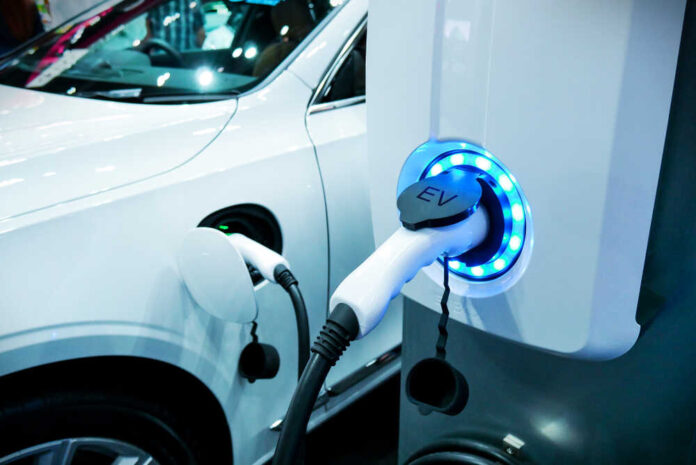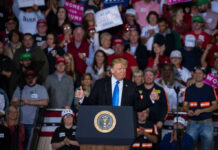
Joe Biden’s electric vehicle (EV) tax credits, a crucial part of the so-called Inflation Reduction Act, are struggling as China controls the supply chain for essential raw materials. The tax credits, which amount to thousands of dollars for American consumers, are meant to encourage the purchase of EVs made in the United States, Mexico, and Canada.
One major issue with the tax credits is that critical raw materials, such as graphite, lithium and cobalt, are largely controlled by China. By 2025, China is projected to control about a third of the world’s lithium supply. This has raised concerns about the feasibility of the Biden administration’s goal to spur domestic battery manufacturing.
It’s all planned out because he’s owned by China.
Report: Biden’s Tax Credits for Electric Cars ‘Running into a Problem’ as China Controls Supply Chain https://t.co/i0N670bLSR
— Frank (@MegaMAGA7631) April 12, 2023
Stellantis CEO Carlos Tavares cautioned against economic nationalist policies and highlighted the potential “traps” in pursuing such policies. He urged Washington lawmakers to foster a free trade consensus to avoid a fragmented global economy.
The Chinese influence has already reached Michigan, where Governor Gretchen Whitmer celebrated a $3.5 billion battery plant deal between Ford and China’s Contemporary Amperex Technology Co. (CATL), a leading electric vehicle battery supplier backed by the Chinese Communist Party (CCP). Despite the Chinese involvement, Ford hopes to secure federal subsidies through Biden’s tax credits.
CATL CEO Zeng Yuqun has deep ties to the CCP. He is a member of the Chinese People’s Political Consultative Conference (CPPCC) National Committee, considered a front for overseas CCP intelligence operations.
Sen. Marco Rubio (R-FL) has expressed concerns over the Ford-CATL deal and urged Biden’s administration to block federal subsidies to Ford. Rubio argued that if companies like CATL can exploit Chinese and U.S. incentives for battery and EV technology, federal investment in industrial development becomes fruitless.
With China controlling crucial battery resources and technology, the Biden administration’s goal to reduce U.S. reliance on China seems increasingly challenging. New rules under the Inflation Reduction Act exclude EVs with components from “foreign entities of concern,” a category likely to include China, given its recent designation as such in the semiconductor sector.
Ford, for example, expects more than $7 billion in battery manufacturing tax credits between now and 2026, with annual credits increasing significantly starting in 2027. However, the automaker has been criticized for collaborating with a Chinese supplier on the new battery plant in Michigan and investing with a Chinese mining company in an Indonesian nickel plant.
In response to these criticisms, Ford has insisted that it follows both the letter and the spirit of U.S. law while creating thousands of jobs. In addition, Ford emphasized that the Michigan factory would be a wholly-owned subsidiary, not a joint venture, and that CATL would not receive taxpayer money.
Auto industry executives like Tavares warn of the dangers of attempting to unwind global supply chains to protect regional economies. Moreover, with battery technology evolving rapidly, there is a risk that the U.S. may invest in mines and factories for batteries that could become obsolete within a decade. To achieve its objectives, the White House will need more than just tax breaks – it must tackle globalization’s complexities.














